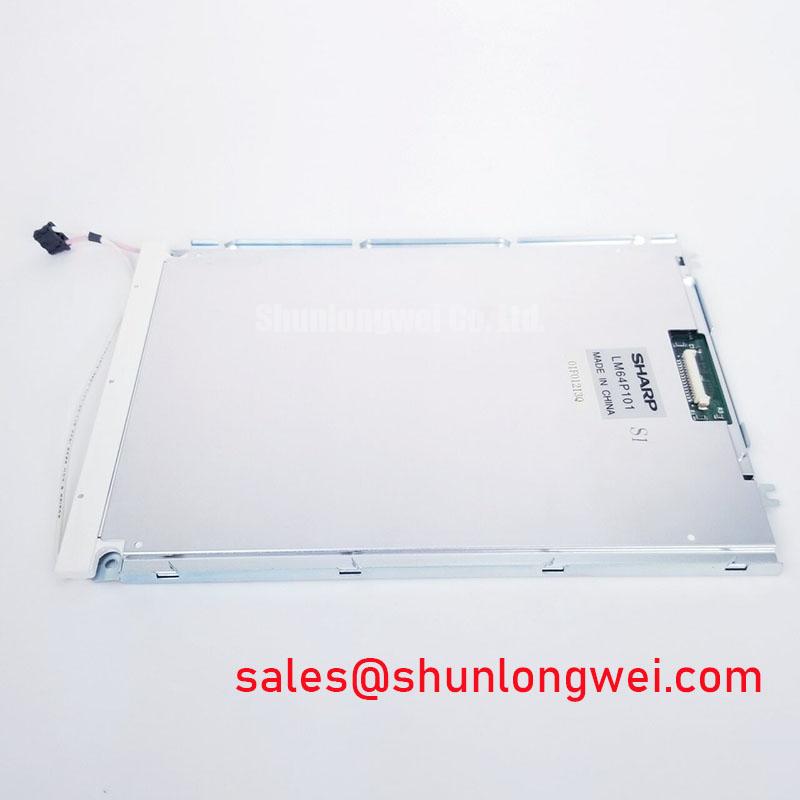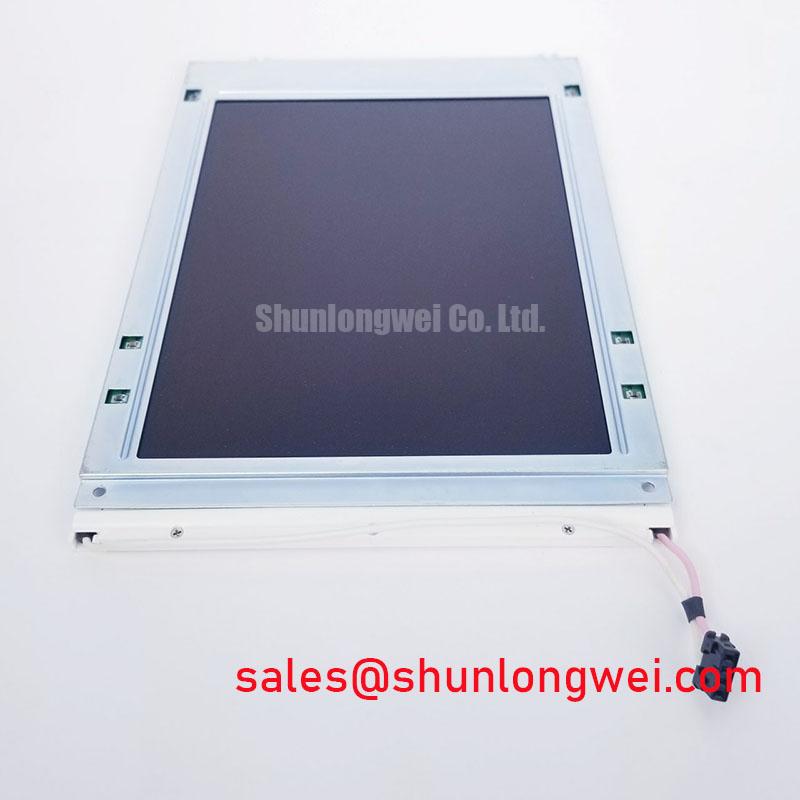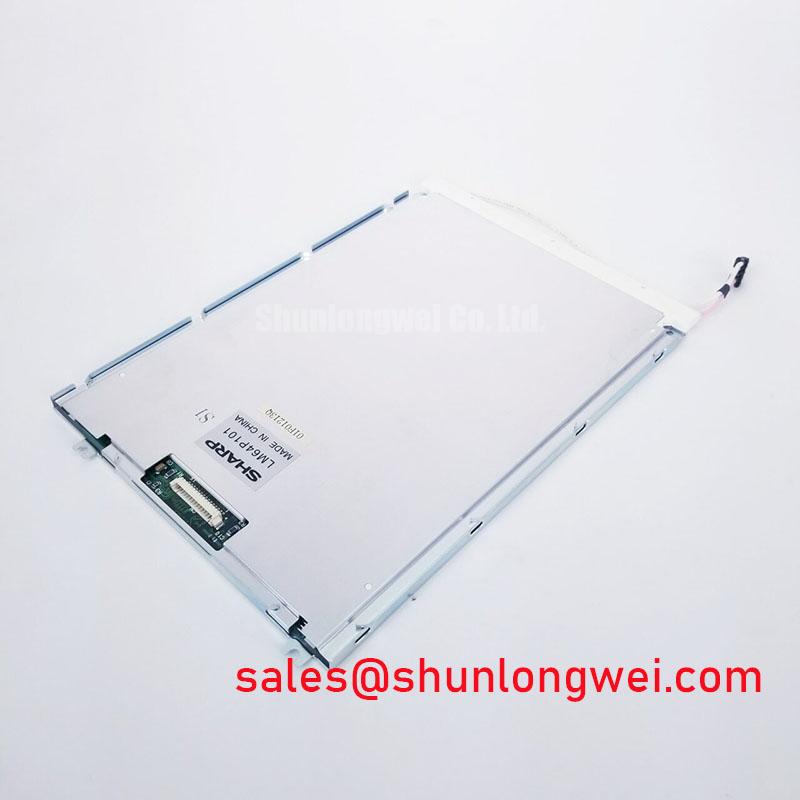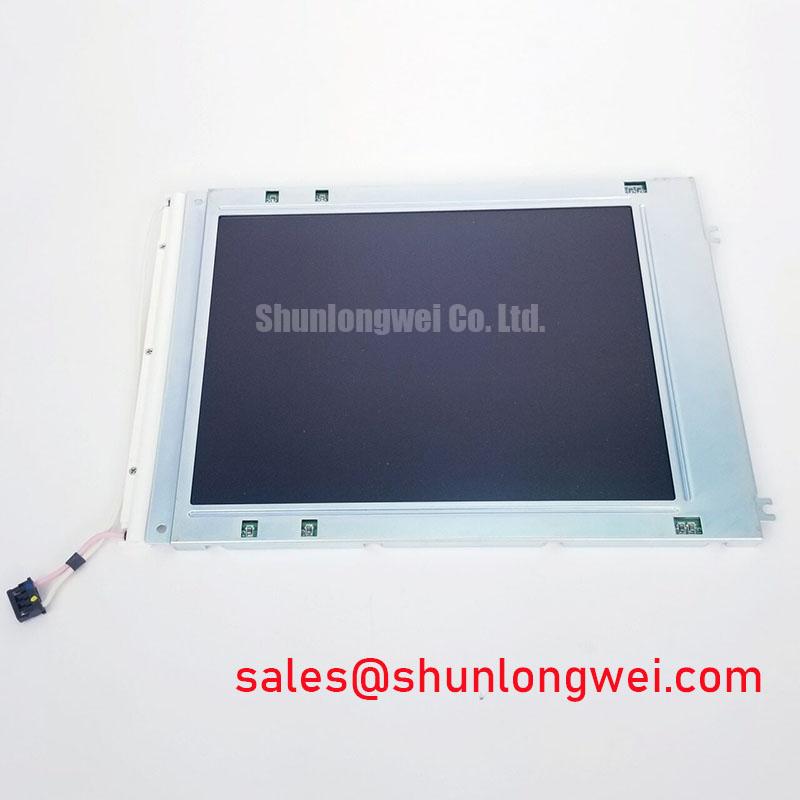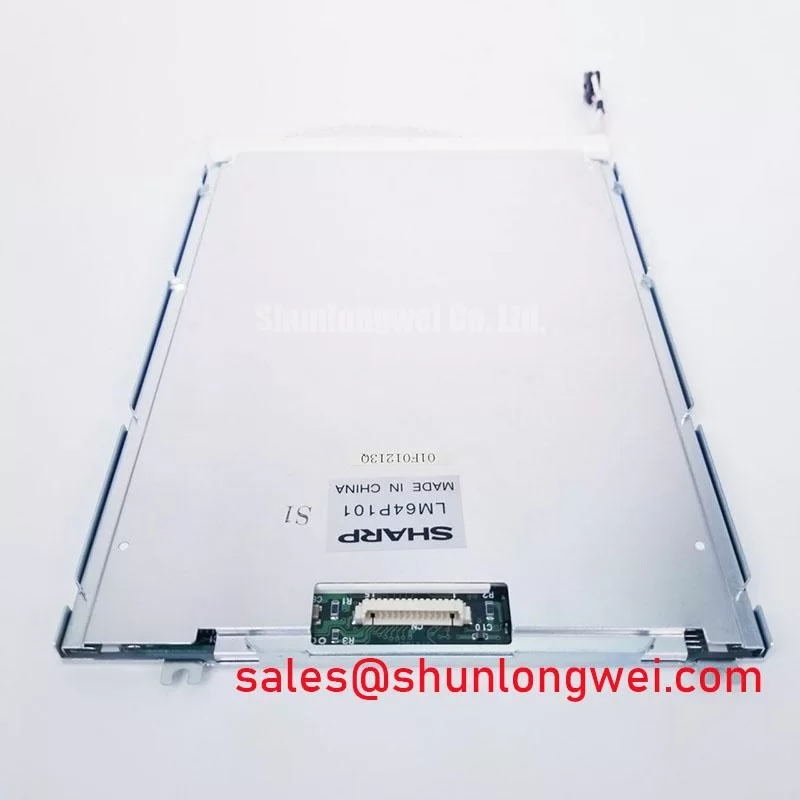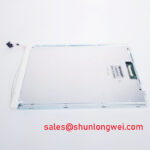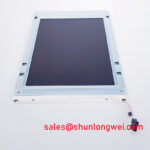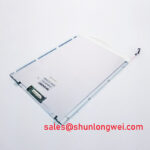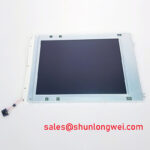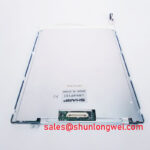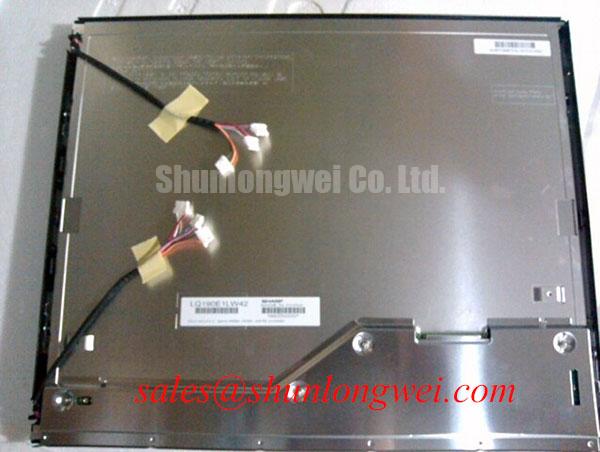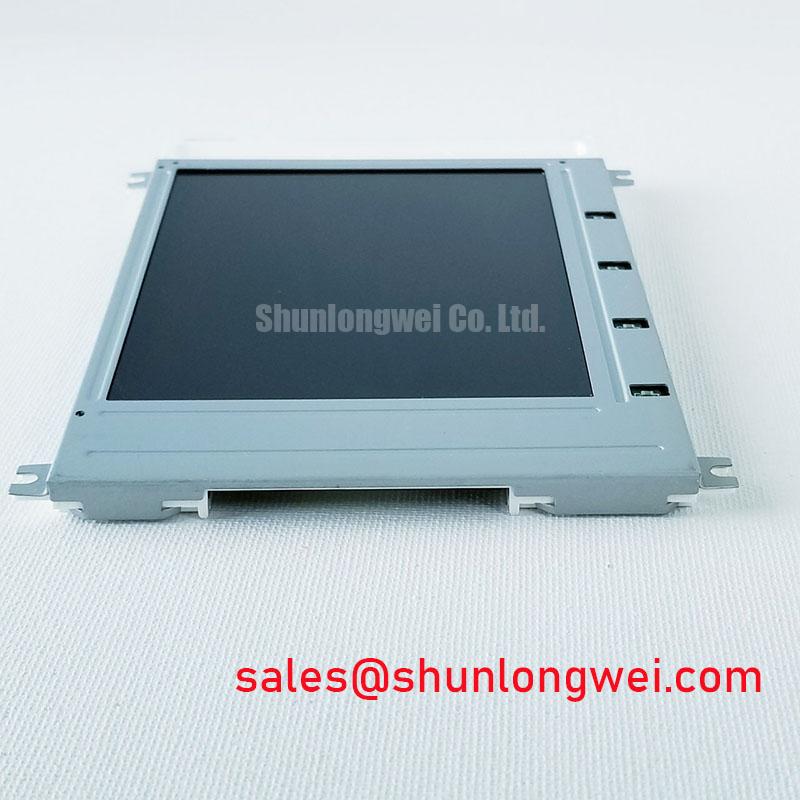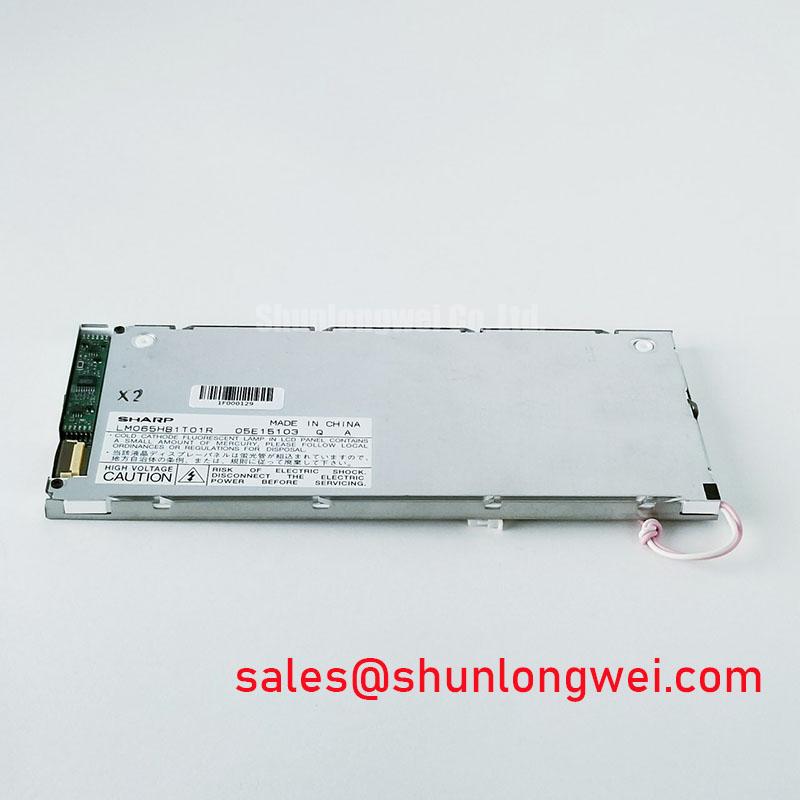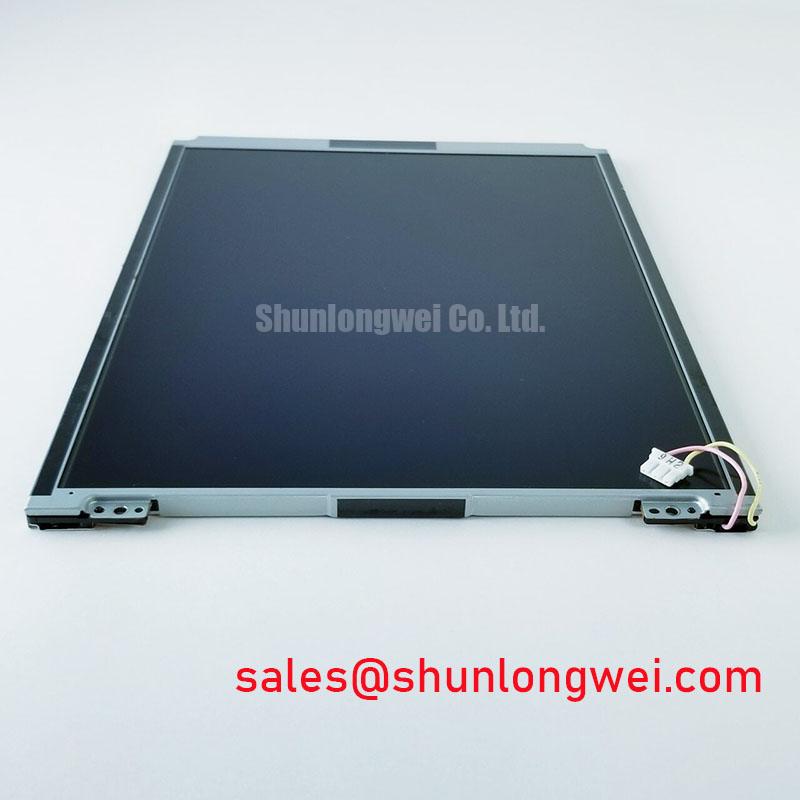Content last revised on January 31, 2026
Sharp LM64P101: A Robust 7.2-inch FSTN Display for Legacy Industrial Systems
Introduction to a Proven Industrial Workhorse
The Sharp LM64P101 is a high-contrast, monochrome FSTN LCD module engineered for exceptional clarity and long-term reliability in demanding industrial environments. This 7.2-inch display delivers precise 640x480 VGA resolution, powered by a dependable CCFL backlight system. Its key benefits include a straightforward 4-bit parallel data interface for simplified system integration and a robust mechanical design for operational stability. It directly addresses the engineering challenge of sourcing proven, form-fit replacements for legacy industrial HMIs and control systems without requiring a complete system redesign. For industrial applications requiring a display with proven FSTN technology and a standard VGA interface, the LM64P101 offers a reliable and cost-effective solution for extending equipment lifespan.
Key Parameter Overview
Decoding the Specs for System Integration and Longevity
The parameters of the LM64P101 are tailored for legacy and specialized industrial applications where high-contrast monochrome readability is paramount. The specifications reflect a design focused on durability and straightforward integration with established control hardware.
| Feature | Specification |
|---|---|
| Display Technology | 7.2-inch diagonal FSTN-LCD, Monochrome |
| Resolution | 640 x 480 pixels (VGA) |
| Active Area | 147.18(H) × 110.38(V) mm |
| Luminance | 70 cd/m² (Typ.) |
| Contrast Ratio | 18:1 (Typ.) |
| Interface | 4-bit Parallel Data |
| Backlight System | Cold Cathode Fluorescent Lamp (CCFL) |
| Outline Dimensions | 200.5(W) × 141(H) × 7(D) mm |
| Operating Temperature | 0°C to +45°C |
| Supply Voltage (Logic) | 3.3V (Typ.) |
Download the LM64P101 datasheet for detailed specifications and performance curves.
Application Scenarios & Value
System-Level Benefits in Maintenance and Legacy Equipment Support
The primary value of the Sharp LM64P101 lies in its role as a critical component for maintaining the operational life of existing industrial equipment. What is the primary benefit of its FSTN technology? High-contrast, easily readable text and graphics under typical factory lighting conditions. This makes it an ideal drop-in replacement for aging or failed displays in CNC machines, process controllers, medical devices, and early-generation test and measurement instruments. The 4-bit parallel interface, while a legacy standard, is key to its value; it allows engineers to replace a faulty HMI screen without the need for complex interface converters or rewriting firmware for a modern LVDS or eDP interface. Imagine a production line controller from the 1990s with a failed display. Sourcing a LM64P101 avoids a costly and time-consuming system overhaul, minimizing downtime and preserving the investment in the original control system. For systems requiring a smaller footprint but similar rugged performance, the 5.7-inch KCG057QV1DB-G000 offers an alternative path for embedded system designs.
Frequently Asked Questions (FAQ)
What is the significance of the CCFL backlight in the LM64P101's design?
The Cold Cathode Fluorescent Lamp (CCFL) was the standard for reliable backlighting in industrial displays of this era. Its inclusion ensures compatibility with the power inverters and drive circuitry present in the legacy systems for which this display is a direct replacement, simplifying maintenance and repair.
How does the 18:1 contrast ratio benefit industrial applications?
For a monochrome FSTN display, an 18:1 contrast ratio provides excellent text and graphical clarity. Think of it as the difference between faint grey-on-grey text and crisp, defined black-on-white characters. In a factory setting with variable ambient light, this level of contrast is critical for reducing operator error and ensuring at-a-glance readability of critical process data.
Is the 4-bit parallel data interface difficult to work with for new designs?
While most new designs utilize serial interfaces like LVDS or MIPI, the 4-bit parallel interface is extremely straightforward and well-documented. It connects directly to the I/O ports of many microcontrollers and legacy processors without requiring specialized controller chips. This simplicity is a significant advantage for repair, replacement, or specialized projects where direct hardware control is beneficial.
Industry Insights & Strategic Advantage
Sustaining Critical Infrastructure with Proven Display Technology
The continued availability of components like the Sharp LM64P101 provides a strategic advantage for industries reliant on long-service-life capital equipment. The trend towards Industry 4.0 often focuses on new installations, but the reality for many facilities is a mix of modern and legacy systems. The LM64P101 serves the critical MRO (Maintenance, Repair, and Operations) market, enabling the extension of multi-million dollar manufacturing lines and medical diagnostic tools. By providing a form, fit, and function replacement, it aligns with a strategy of sustainable capital investment, deferring expensive upgrades until they are truly necessary. This approach is not about avoiding modernization, but about managing it strategically, ensuring that proven, reliable systems—validated over years of service—can continue to operate safely and efficiently with support from trusted display technologies from manufacturers like Sharp.
Strategic Considerations for System Longevity
For engineering and procurement leaders managing long-term product lifecycles, the LM64P101 represents more than a display; it is a tool for business continuity. Its adherence to the established VGA resolution and parallel interface standards ensures that investments in software, hardware, and operator training for existing platforms are preserved. Integrating this module mitigates the risk and cost associated with forced redesigns, providing a stable and predictable path for supporting deployed systems well into the future.

